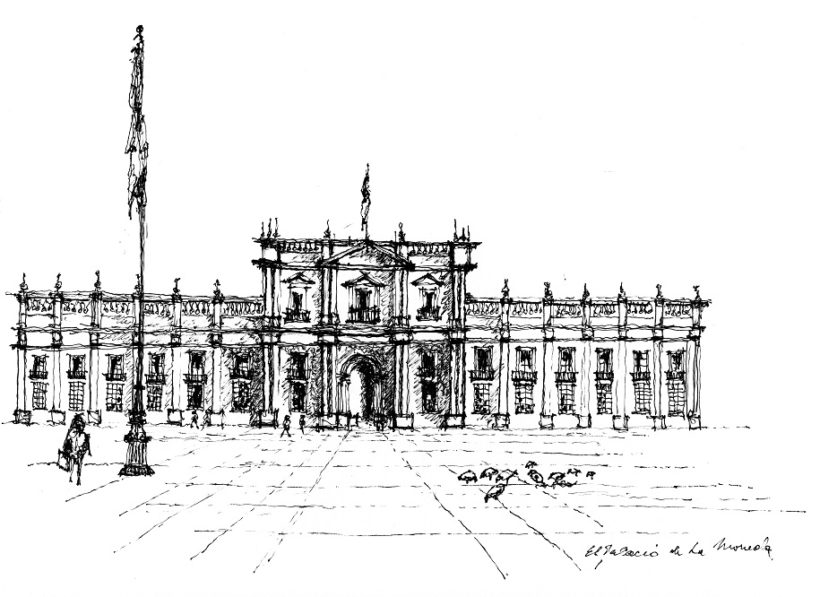President Boric’s government risks the transformative spirit it so well represents only if it is confused by political inadequacies.
He and some of his collaborators, when they were deputies, refused to approve President Piñera’s use, in Araucanía, of the “State of Emergency” that the Constitution grants to the Armed Forces. They promised not to use this resource. But three months later, the new government, in the old style of politics, avoiding recognising that they had made an error of appreciation of reality, manoeuvred by inventing formulas for the participation of the Armed Forces in a “yes-no” scenario. He tried to accommodate the language, removing them from the hat with legislative agreements to use the military against violence, appearing to coincide with the dialogue language of his electoral promises.
He announced to parliament an “Intermediate” State of Emergency to resolve his behavioural contradictions by imagining an attenuation of the use of the Armed Forces. But the military language is clear, direct, easy to understand, because in its functionality there is a potential that puts life at stake by definition sworn.
The proposal for military in “intermediate” action failed in less than a week as useless. Those of us who were parliamentarians on defence matters said that it lacked the original conviction of the political authority to call on the military to carry out orders in a contradictory spirit. It is not that the Armed Forces would not obey, but that the political command disoriented them with a language of complex but poor pretensions.
The government finally surrendered to the evidence and applied the law, but confusingly, by publicising the constitutional application of military presence as “limited”.
His coalition was publicly divided but approved it. “We would love this not to exist, but once the conflict is there (Araucanía), the question is how one deals with it,” the minister said, justifying himself.
Perhaps the government is trapped by a certain political immaturity, not ageism, in its campaign promises of a reality insufficiently studied for the transformative character that President Boric so well represents. There is an over-emphasis on witty phrases. But overvaluing the capacity of words to create realities is not politics. Well-meaning, novel, somewhat fashionable, repeatedly announced principles, strained by the government’s political conduct, show an effort to match illusions with the task of governing.
In this case, the use of military force is still naively seeking to fulfil the correct commitment to dialogue, with the legitimate force that the democratic state has. This good idea would be well exercised with a mature policy and not by flirting with linguistic efforts to accommodate promises to serious internal security problems that still do not seem to be properly assessed. The same minister, who was defending the convoluted military surrogate, finally said he was not closed to the same State of Emergency that Piñera used.
Perhaps the government is confused about the feasibility of its promises.






